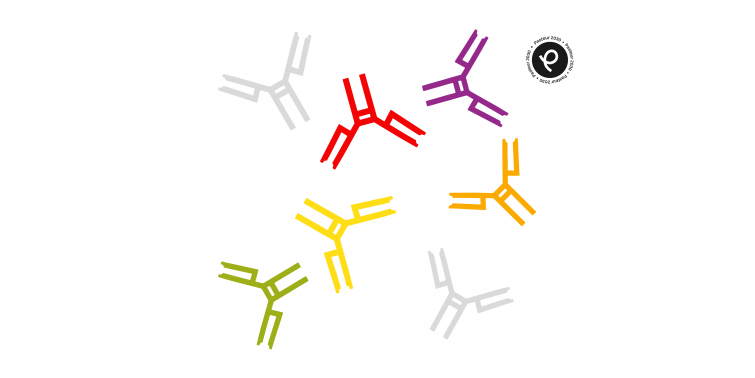
 PASTEUR2030
PASTEUR2030
The Institut Pasteur launches ABSD, the world's largest open-source database of antibody sequences

A collaboration between virologists and bioinformaticians at the Institut Pasteur recently led to the launch of ABSD (AntiBody Sequence Database), the most extensive database of antibody sequences published to date. It centralizes more than 1,750,000 antibody sequences from all over the world and eliminates redundancies.
ABSD is a constantly updated open-source resource for the international scientific community, in line with scientific priority 1 in the Pasteur 2030 Strategic Plan, "Infectious disease threats." It represents a major breakthrough to speed up research on antibodies and improve understanding of their biological diversity.
Why is this database important?
Antibodies are the first line of defense against viral infections and other health threats. To develop novel diagnostic and treatment methods, scientists need easy access to all the data available on these molecules.
This information was previously scattered across multiple databases that were often difficult to use and contained redundancies. This fragmentation was a major obstacle, especially when it came to training artificial intelligence models, which require comprehensive standardized data.
An innovative Pasteur-designed solution
Bertrand Saunier, a scientist in the Structural Virology Unit, and Simon Malesys, Rachel Torchet and Nicolas Maillet, bioinformaticians in the Bioinformatics and Biostatistics Hub, pooled their expertise to create this new platform, which:
- Centralizes the data from 15 major international databases (including CATNAP-HIV, CoV-AbDab, GeneBank, IMGT, KABAT, OAS, PDB and UniProt),
- Standardizes all the sequence formats for easier usage,
- Eliminates duplicates while preserving source traceability,
- Updates automatically and uses modular architecture to facilitate the addition of new resources.
Practical applications for research
ABSD will serve as a reference tool for:
- Developing new diagnostic tests
- Designing antibody-based therapies
- Training artificial intelligence models
- Studying immune diversity across different species
A rigorous scientific methodology
The study published in Nucleic Acids Research – Genomics and Bioinformatics demonstrates that the methodology used maintains the representativeness of the sequences without introducing selection bias. This guarantees the reliability of the resource for all potential applications.